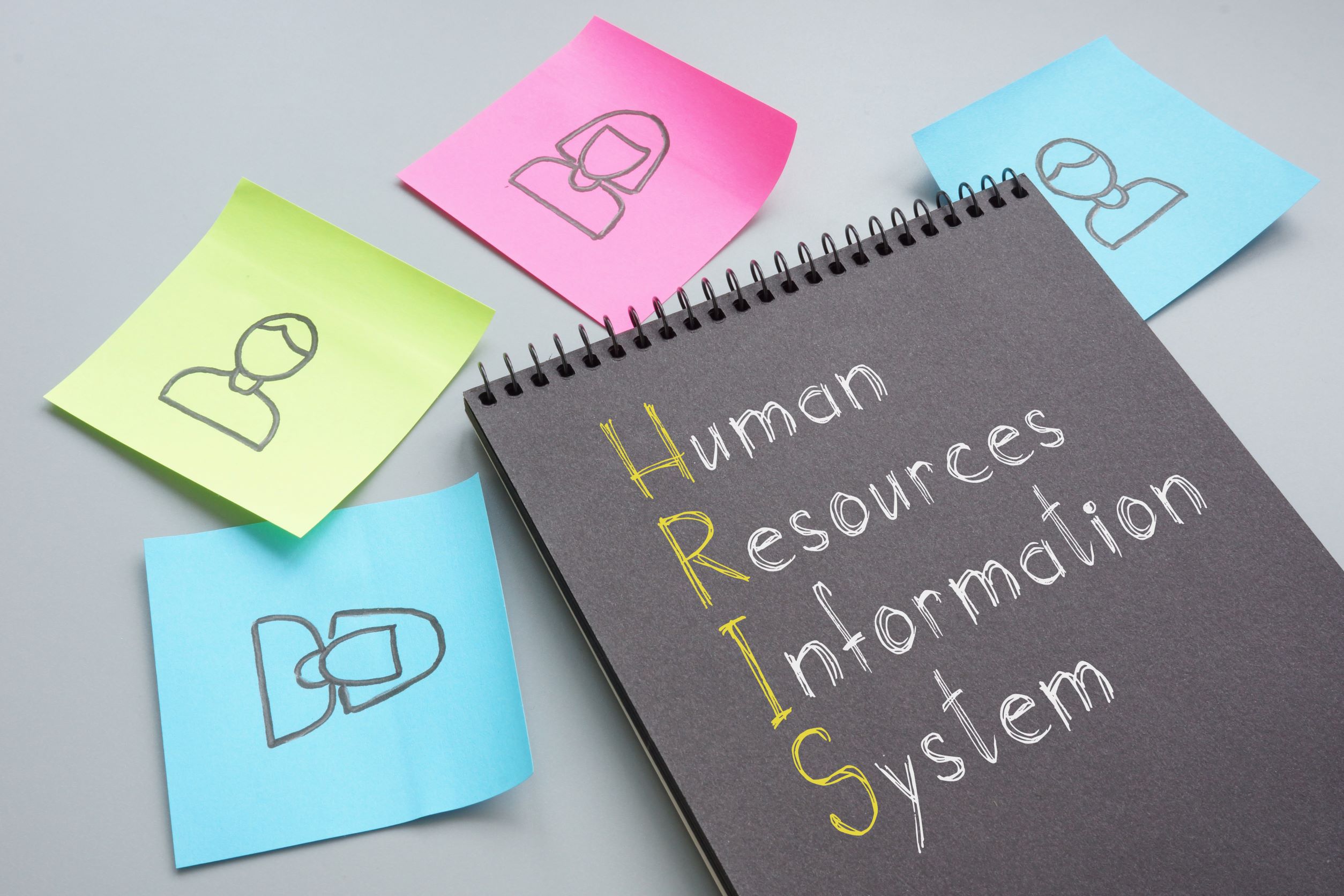Most successful companies today have HRIS systems. A human resources information system, or HRIS, is an essential tool. Companies that have successfully implemented HRIS systems include Google, Apple, and Microsoft. These companies have used their HRIS systems to track employee information, benefits, and more. This blog post will discuss what an HRIS is and how it can benefit your small business. Stay tuned! An HRIS can be helpful for small businesses in particular, as it can make managing employees cost-effective and more manageable. An HRIS can also help you stay organized and ensure that all the vital information about your employees is in one place. Stay tuned for more posts about HRIS systems!
What is an HRIS system, and what does it do?
An HRIS, or human resources information system, is a software program that helps businesses manage employee information. For example, an HRIS can track employee contact info, job titles, benefits, and more. Using an HRIS can help small business owners stay organized and efficient in their human resources. Here are four of the main functions of an HRIS:
- Organized employee information: An HRIS can help you keep track of all your employee information in one place. Instead of digging through records and files, an HRIS can save you time and hassle when looking up or updating employee info.
- Efficient benefits management: An HRIS can help you manage your company’s benefits efficiently and effectively. For instance, reducing the need for forms can save you time and improve employee access.
- Automated payroll: An HRIS can automate your payroll process, making getting your employees paid on time more manageable.
- Improved communication: An HRIS can help improve communication between you and your employees. This
- Short and Long term Benefits of an HRIS system.
An essential benefit of an HRIS system is that recurring tasks are streamlined and simplified through automation. HRIS also improves access to internal candidate pools when new positions open up within a company. HRIS systems speed up the onboarding process with mobile accessibility and reduce paper, often saving costs. HRIS makes distributing up-to-date materials easier. Furthermore, communicating updated or new policies and procedures to employees quickly and more effectively. Additional benefits include:
- Self-service options create greater employee engagement
- Open enrollment benefit
- Employee empowerment
- Collaboration throughout organizations improved
- Training capabilities improved
- Optimized scheduling
- Payroll and employee information errors reduced
- Analytics and organizational data making more informed decisions
How to choose the right HRIS system for your business?
There are multiple types of HRIS systems. Common ones include cloud-based HRIS and on-premises HRIS, each has pros and cons. When choosing an HRIS system for your business, keep a few things in mind. First, you’ll want to find a system that is easy to use and can track the information you need. You’ll also want to make sure the system is compatible with your existing software programs. And finally, be sure to price out different systems and compare features before deciding.
Cloud-based HRIS systems
Cloud-based HRIS systems are great because they don’t take up a lot of space on your computer versus on-premise HRIS, which will take up a lot of physical space. And this system doesn’t have to be downloaded onto your computer. Cloud-based systems are accessible anywhere an internet connection is available!
An on-premises HRIS system
An on-premises HRIS system is a human resources information system installed on your company’s computer network. Larger businesses often use On-premises or on-site systems. On-premises HRIS systems are beneficial because they give businesses more control over their employee data. With an on-premises HRIS, companies can choose where to store their employee data. They also have access to the software and hardware needed to run the HRIS system. On-premises systems are a good option for businesses that want more flexibility and control over their HR data.
The cost of implementing an HRIS system
When you think of getting an HRIS system, you have to think about the costs. An HRIS system is not cheap, but it can be worth it in the long run. You have to decide if the price is worth all the benefits from using the system.
When purchasing HRIS software, there are a few things you will want to keep in mind. The most important thing is to find a system that meets your needs. You’ll want to find a system that is easy to use and can track the information you need. You’ll also want to make sure the system is compatible with your existing software programs. And finally, be sure to price out different systems and compare features before deciding.
How to get the most out of your HRIS system
There are many strategic ways to use an HRIS system in your business. Here are a few examples:
- Tracking employee information: An HRIS can track employee contact information, job titles, and more, making it more convenient when it comes to managing your workforce. For example, if you are looking to fill a new position, an HRIS system can help you quickly find qualified candidates. An HRIS system can also help you keep track of employee performance reviews and payroll information.
- Managing benefits: An HRIS can help you manage your company’s benefits efficiently and effectively. For instance, an HRIS can help you track employee benefits enrollment, monitor benefits payments, and more.
- Automating payroll: An HRIS can help you automate your payroll process, making getting your employees paid on time more straightforward and faster.
- Improving communication: An HRIS can help improve communication between you and your employees. An HRIS can enhance communication between you and your employees by providing a secure forum for employees to access their employee records. Including such things as pay stubs, job titles, and contact information. An HRIS can also allow employees to submit questions or concerns about their employment, helping to resolve any issues.
So, what if your company does not have an HRIS system?
There are a few disadvantages of not having an HRIS:
- It can be difficult to keep track of employee information without an HRIS. An HRIS can help you track contact information, job titles, and more.
- An HRIS can help you track benefits and payroll information, an essential process for ensuring that your employees are getting the right benefits and that your business is compliant with labor laws.
- An HRIS can help you automate some of the tasks related to HR management, saving you time and energy allowing you to focus on running your business.
HRIS systems can help to make your company more productive and efficient. There are many different types of HRIS software available, but we’ve found that the best system for small businesses is TimeWellScheduled. This type of human resources information system provides you with all the necessary features without costing a fortune or requiring too much training on your part to use it. If you want to learn more about this particular system, click here!





